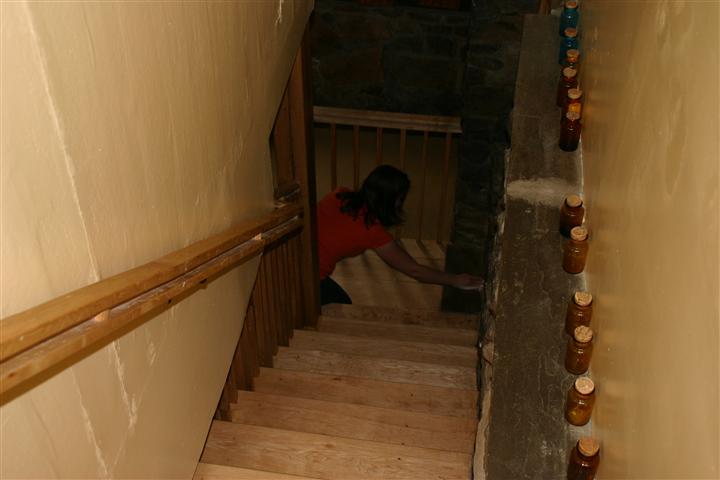 So my novel finally sold after 11 years, and the excitement came amidst mundanities, like housecleaning (that’s me at the bottom of the stairs) and routine medical appointments. It took me a while to believe what had happened. It took me a while not to feel numb.
So my novel finally sold after 11 years, and the excitement came amidst mundanities, like housecleaning (that’s me at the bottom of the stairs) and routine medical appointments. It took me a while to believe what had happened. It took me a while not to feel numb.
One thing I need to say, before I tell you guys what happened next, is something related to a very core belief of mine. I had enough time, while the publishing world was changing underneath all of us, to learn a lot about the different publishing paths. There are three main ones–traditional, small press, and indie–and I think they all have different things to offer. There are pros and cons to each.
Some of the details I’m going to talk about here are unique to the traditional publishing path because that’s the one I felt was right for me–and the one that opened to me at the right time. In the end, getting published will always be a combination of kismet, stars aligning, and the alchemy of knowing when to leap.
Anyway, some of these details will sound great. Some of them come with a cost (hello, twenty month delay till you see my book). Some of them I don’t even know yet. I pledge to be honest with you, the readers that come here, who mean so much to me. I’ll be honest about everything and I hope that doesn’t ever strike you amiss. If it does, please write me so we can talk about what I might be missing or not understanding.
Anyway…with that said…You know how, when you’ve been trying something for a very long time, you get used to the state where that something hasn’t happened? Then it happens, and you’re catapulted into another state, and you almost don’t feel like you’re you anymore.
This was me: I was unpublished. I was an aspiring writer. I was the one who kept coming close, but not q-u-i-t-e making it.
Now…I was going to be an author.
I still can’t say those words and feel quite like me. It was like when I met my husband-to-be after years of being the single Sally. (Is that a phrase or did I just make it up? Oh well. Let’s go with it). Anyway, I couldn’t get used to saying, “My boyfriend/fiance/husband.” I was Single Sally.
After a book sells, two things happen. I’d been hearing about them for, oh, a decade or so.
The first thing is that an announcement appeared in Publishers Lunch. Pub Lunch is an offshoot of Publishers Marketplace, which is a service I recommend to every writer I meet who’s looking for an agent. On PM there is a sidebar with ‘agents actively looking’. These agents are building a client list and they are GOOD. I met my agent this way.
But I never expected to see in PM something else, namely the announcement that my book had sold, with a title, description, and whose work the publisher was comparing it to.
By the way, I’m fuzzing two things out for two reasons. The first is the pitch used to sell my book. It contains a spoiler that I am really hoping my publisher finds a workaround for the flap copy. I don’t want to give this away to you guys! It’s a surprise that comes at the end of the first chapter. I’m also fuzzing out my agent’s name. Some of you have written me over the years and know that I do share my agent’s name, even refer someone to her when the work might be right. So never hesitate to get in touch if this is something you’d like to talk about.
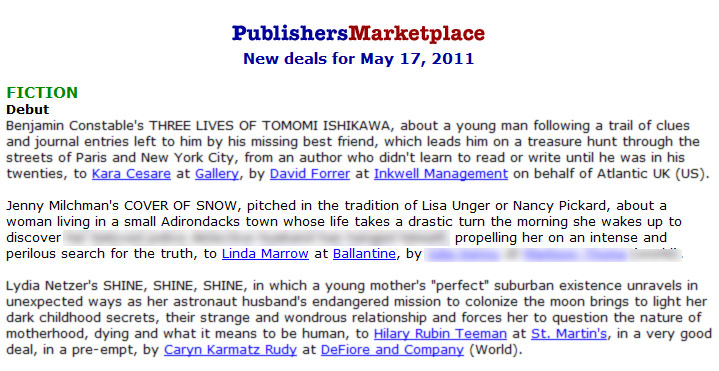
This is my book. I have to say that again. This is my book, right there, right here, for other people to see. It existed, and now me, my agent, my loyal trustys, and family–them of the Gat Publisht kids–weren’t the only people to know about it.
I felt so…real.
The phone calls and emails started coming in as soon as that announcement appeared. Early. An author whose book I’d loved last year contacted me. I can still see myself, standing by the kitchen counter–cleaning again–talking to a dear writer friend I hadn’t spoken to in over a year. The bringing together of people is one of the most powerful aspects of books for me.

The next thing that happened took some preparation. My new editor invited me and my agent to lunch. Because this is raw and real and I promised to tell you guys the truth, I will add that my husband called up the restaurant website and then he said, “Whoa.”
We’ve lived in or outside NYC all our lives. We’re fairly used to city dining. But to think that someone had chosen this restaurant to take me to–just because I had written a book–well, that was another sort of dream come true.
Of course, I had to buy a dress. And get my hair cut. And do something about my makeup, or lack thereof. I’m someone who spends a lot of days in my pajamas–and this was even more true 8 months ago.
That lunch was like a fairy tale. It was as if some sprite had come and draped the hard, fast-paced city with airy webs of light and sprigs of flowers. It was a time and a place out of time and place. My agent arrived first and she and I had a second to trade a hug and then my editor arrived and we all just really…clicked.
My editor and agent are clearly good people people–you’d have to be in the positions they occupy in the industry–and maybe all authors feel like this at their first lunches, but there seemed to be something special about this one. Something that felt destined. It had taken me a long time, such a long, hard, painful time, but I felt like I had wound up in the place I was always meant to be.
Midway through that lunch, my editor felt comfortable enough to tell me I had something on my lip.
And I felt comfortable enough to laugh about it.
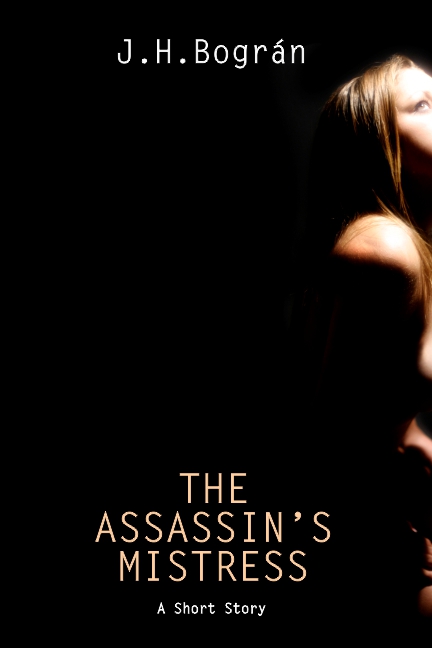


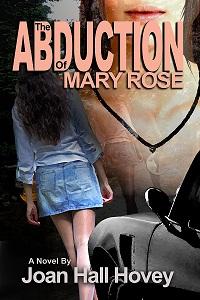
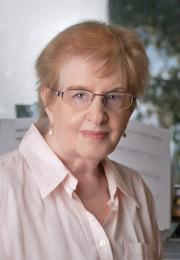
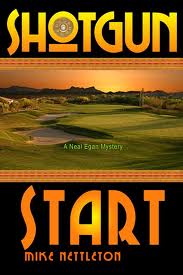
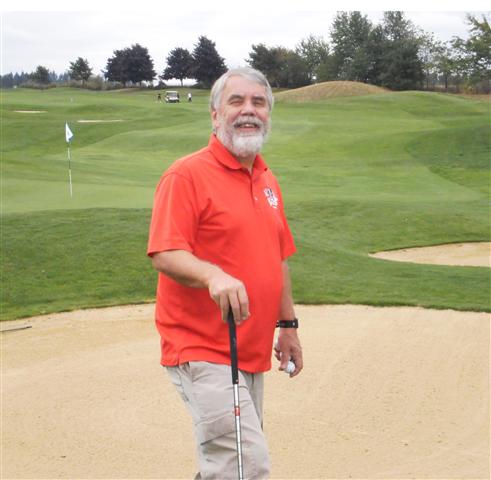
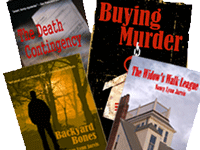
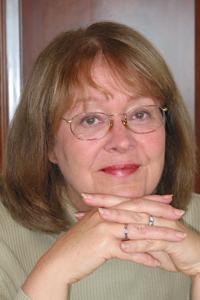

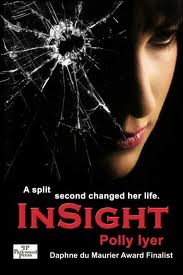
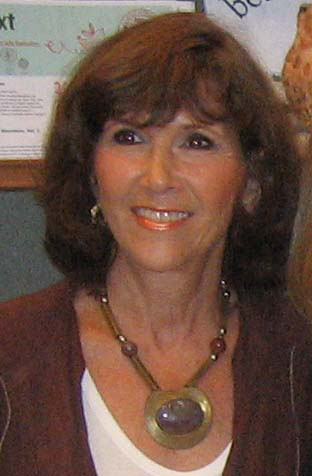
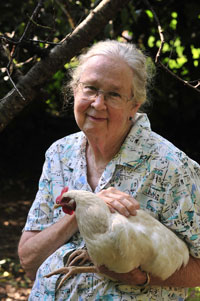

 Contest Update: Congratulations to reader
Contest Update: Congratulations to reader 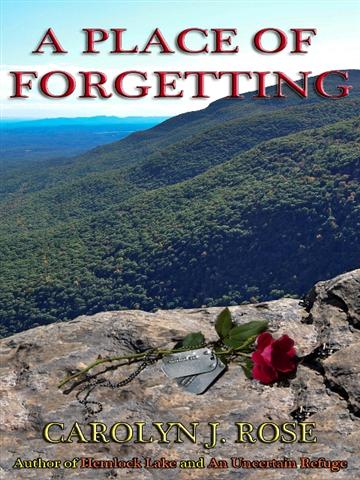
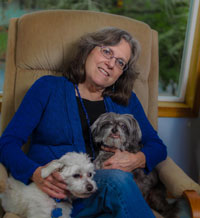
 So my novel finally sold after 11 years, and the excitement came amidst mundanities, like housecleaning (that’s me at the bottom of the stairs) and routine medical appointments. It took me a while to believe what had happened. It took me a while not to feel numb.
So my novel finally sold after 11 years, and the excitement came amidst mundanities, like housecleaning (that’s me at the bottom of the stairs) and routine medical appointments. It took me a while to believe what had happened. It took me a while not to feel numb.




